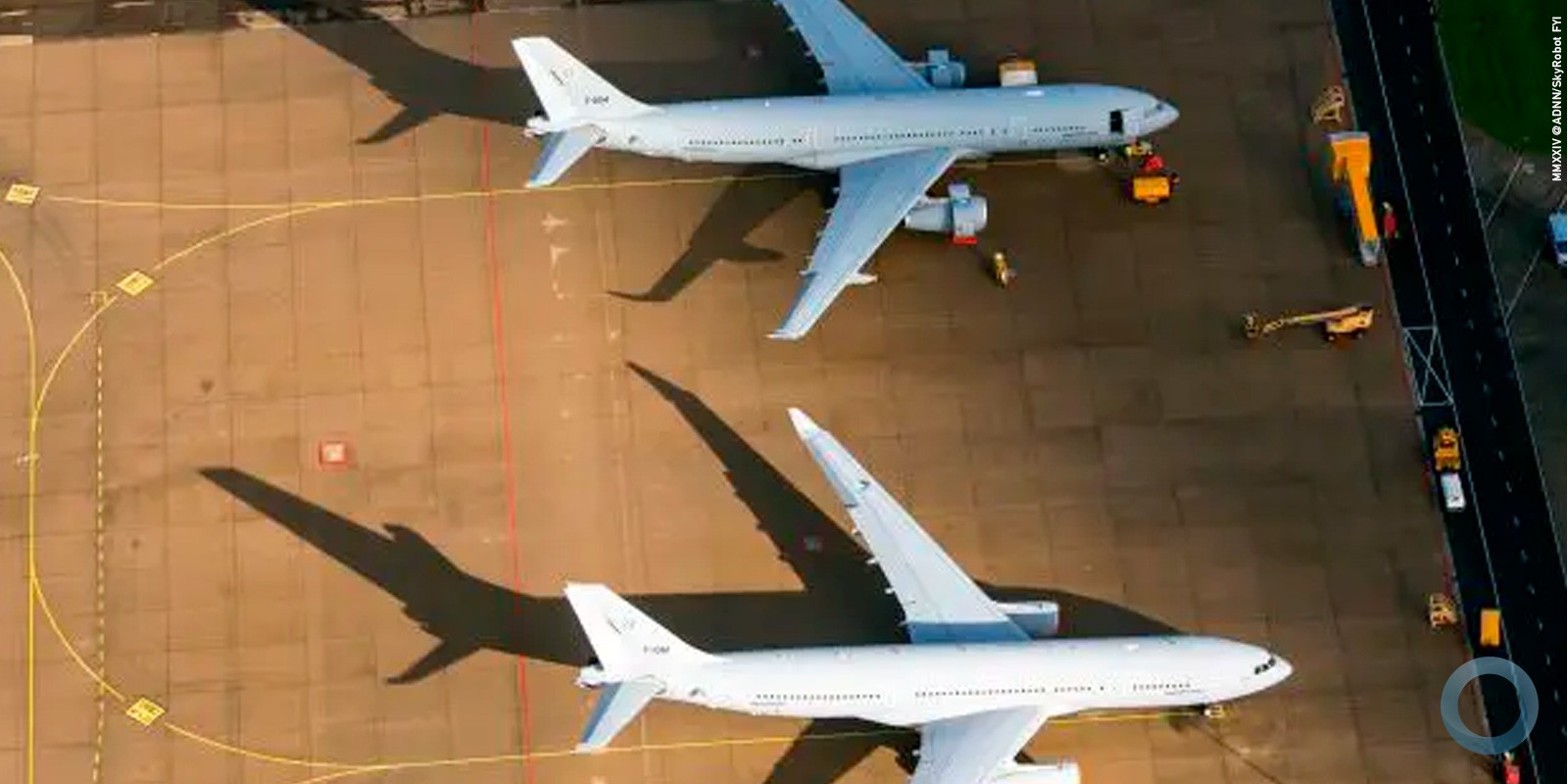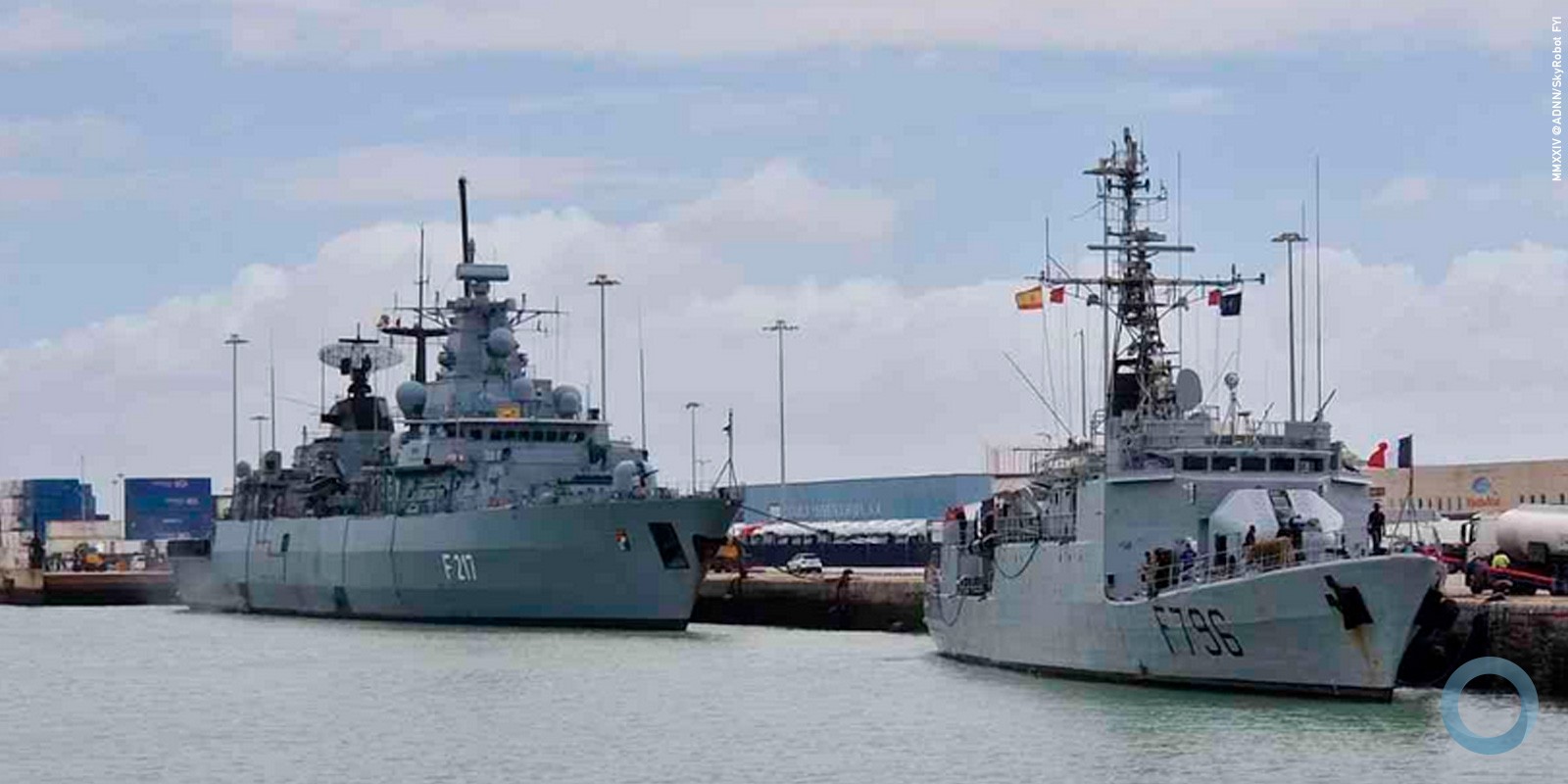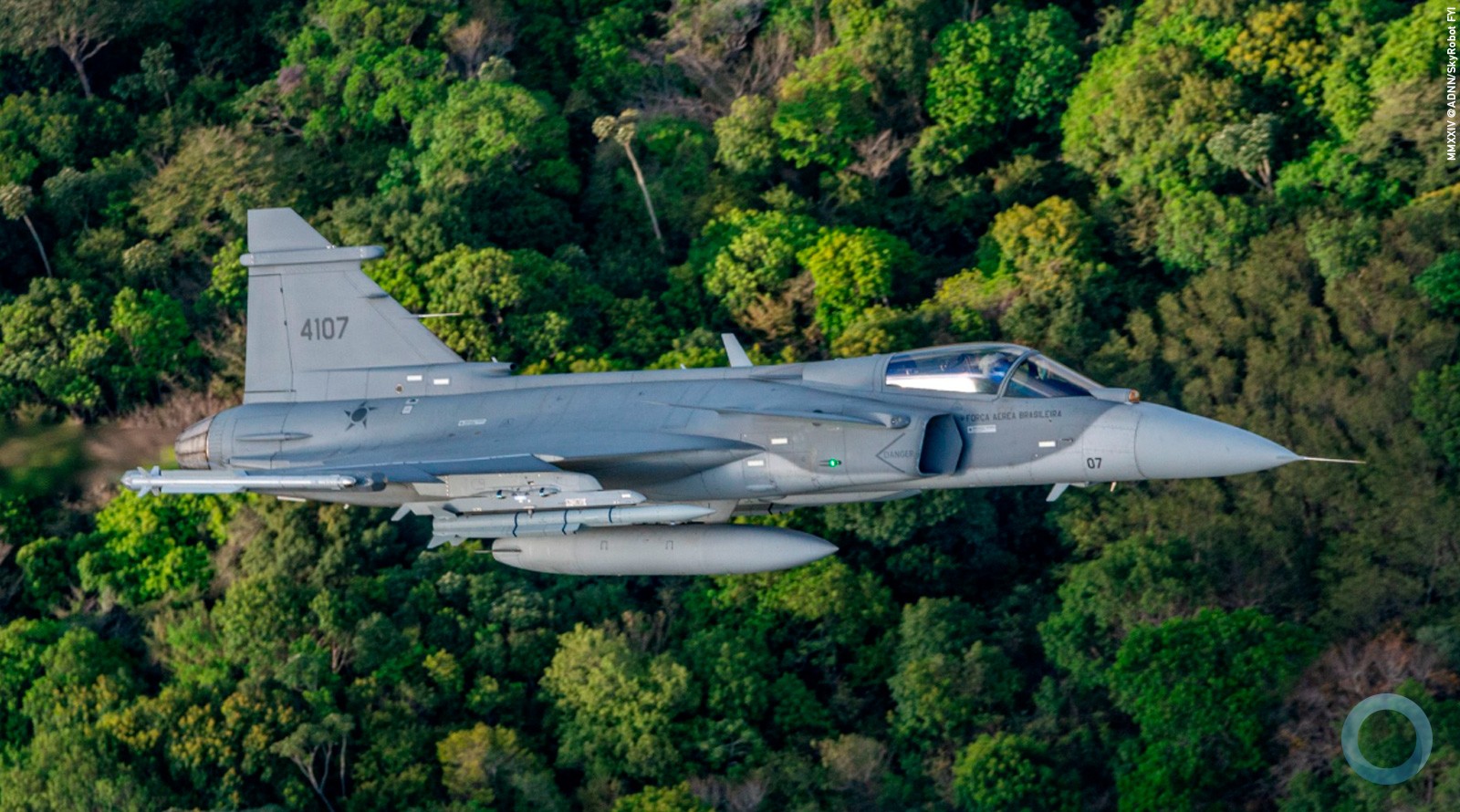![]() Versão em Português
Versão em Português
Brazilian Ministry of Defense
The Integrated Border Monitoring System (SISFRON, per its Portuguese acronym), a program developed by the Brazilian Army, was allocated a $140-million budget for 2017. This high-tech equipment will enable oversight of a stretch of Brazil’s border that touches 10 other South American countries. The announcement was made on January 4th by Defense Minister Raul Jungmann, after a ministerial meeting with President Michel Temer at Planalto Palace.
Minister Jungmann said during the press conference that Operation Ágata, led by the Ministry of Defense, and coordinated by the Office of the Joint Chiefs of Staff of the Armed Forces, will occur more frequently and timely in order to surprise gangs operating along the border. The minister noted that this operation, which used to take place during a certain time of year, was rather ineffective and as a result the guidelines were revised.
“Ágata will be ongoing, not just during one period of time. It will have an element of surprise and be supported by the intelligence system,” he explained.
Minister Jungmann also stated that the government will have 35,000 service members from the Navy, Army, and Air Force operating across nearly 17,000 kilometers of border. “At various points in time, we’ll employ troops from the Armed Forces,” he stated.
Law enforcement plan
In order to strengthen law enforcement operations, President Temer met in his office with the main ministers of his administration to debate solutions for the sector. After nearly three hours, ministers Jungmann, Alexandre de Moraes, of the Ministry of Justice and Citizenship; and Sergio Etchegoyen, of the Institutional Security Cabinet, announced the decisions to be implemented by the federal, state, and local governments.
“This is a viable program that will certainly have an impact on lowering the crime rate,” Minister Jungmann said.
The minister also noted that another very valuable instrument for border control is the Geostationary Defense and Strategic Communications Satellite (SGDC, per its Portuguese acronym). The equipment will be launched into orbit on March 21st. The government invested $620 million in the SGDC and will have state control from bases in Brasília and Rio de Janeiro.
The National Public Safety Program also has ongoing activities within the Ministry of Justice and Citizenship. According to Minister De Moraes, the government will partner with states and municipalities to attempt to reduce the number of homicides and crimes against women throughout the country. According to his statements, which were based on a survey, the state capitals of Porto Alegre, Natal, and Aracaju will engage in a collective effort to fight crime since they have a higher rate of violence against women.
The government also transferred $372 million to those states last week to expand and improve the penitentiary system. Another $46 million will also be transferred to acquire a system to block cell phones at 30 percent of the prisons, plus $62 million to build five new penitentiaries, with one in each region of the country.
The Minister of Defense also said that at the request of the head of the Supreme Court and the National Justice Council, Minister Cármen Lúcia, the Armed Forces will assist the judiciary in preparing a penitentiary census. The objective is to thoroughly review the country’s prison system, as well as to study inmate profiles.































